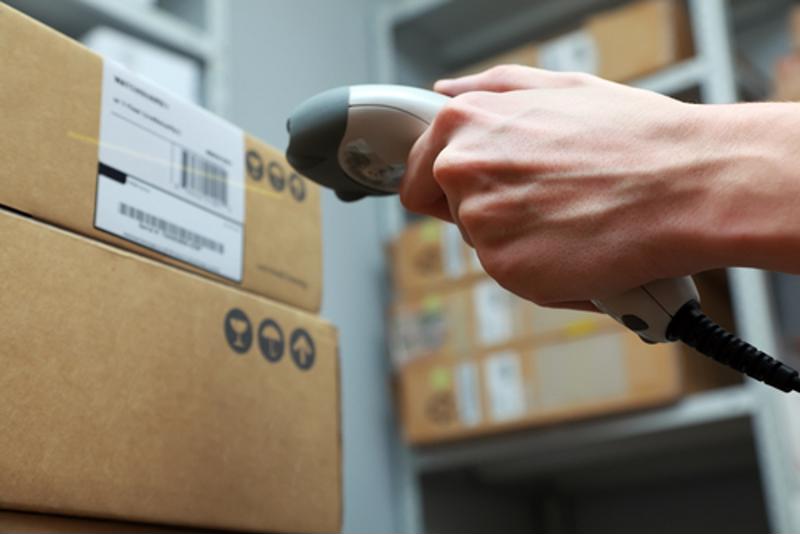Small businesses are the backbone of American society. Communities depend on local retailers and restaurants and connect with the people who run them. To a small city or town, the local bookstore may be the only place where intellectually minded individuals can come to discuss their thoughts and disciplines. Meanwhile, a small auto parts shop may be the more reputable location in town, where everyone knows they can take their vehicle. No matter the industry or focus, small businesses are an integral part of the areas in which they are located.
As these businesses are so important for cities across the country, they must be smart about their inventory management practices. While no company wants to admit that its inventory operations and methods are less than ideal, without a set system in place, profit margins will suffer.

Why do small businesses need an organized inventory management system?
A National Retail Federation 2015 report about inventory shrinkage found that while 37 percent of losses were attributed to shoplifting and a further 35 percent to employee theft, a surprising 28 percent was due to vendor or administrative errors. Small businesses must have an organized inventory management system in place to avoid losing goods, supplies, consumers and profits because of inefficient labeling and product management methods.
If small businesses fail to have their product and vendor information neatly organized, their entire inventory management system will suffer. For products, retailers must track and include the product name, description, picture, retail and wholesale price, SKU, shipping information and more. Meanwhile, common vendor data may include the business name and contact and billing information.
The main components that support a successful inventory management system include barcode labels, printers, scanners and inventory software. Without any of these key tools, business owners may struggle to remain competitive in their town or industry over time.
"Successful businesses use barcode labels."
How can retailers improve their inventory management?
The vast majority of successful businesses use barcode labels at each stage of their production and distribution processes. These labels are used to identify raw materials and parts, direct shipments, track production progress and manage inventory effectively. Without barcode labels, small businesses will not have easy access to reliable product data and real-time supply chain visibility, while their workforce will not be able to be as productive as it could be. Here are a few reasons why small businesses should use high-quality barcode labels to improve their inventory management system:
1. They eliminate error
Nothing can hurt a small business more than human errors. Data entry mistakes could cause retailers to accidently buy or create too much or too little inventory. These errors could also cause them to mess up customer orders, thus thinning out their existent loyal consumer base. With barcodes, workers can scan products quickly and receive reliable information that can help them make smarter business decisions.
2. They are cost effective
Cutting costs is an essential part of running a profitable small business. High overhead costs can make or break a retailer, which is why many are constantly seeking out new ways to minimize their spending and maximize their profits. Barcodes will not only lower overhead costs, but also cut down on excessive training time and labor. Workers can gain instant access to product data with the click of their scanner.
3. They save time
If you are losing business due to consistent missing, damaged or incorrect orders, you are definitely in need of a barcode labeling system. This inventory crisis is wasting you valuable time and money that could be redirected elsewhere. Instead of having your workers spend hours pouring through spreadsheets and losing track of essential products, make the switch to barcode labels today.
At Stranco, we offer thermal transfer barcodes for small businesses and manufacturers that are seeking ways to improve their inventory management processes. Contact us today to learn more!

